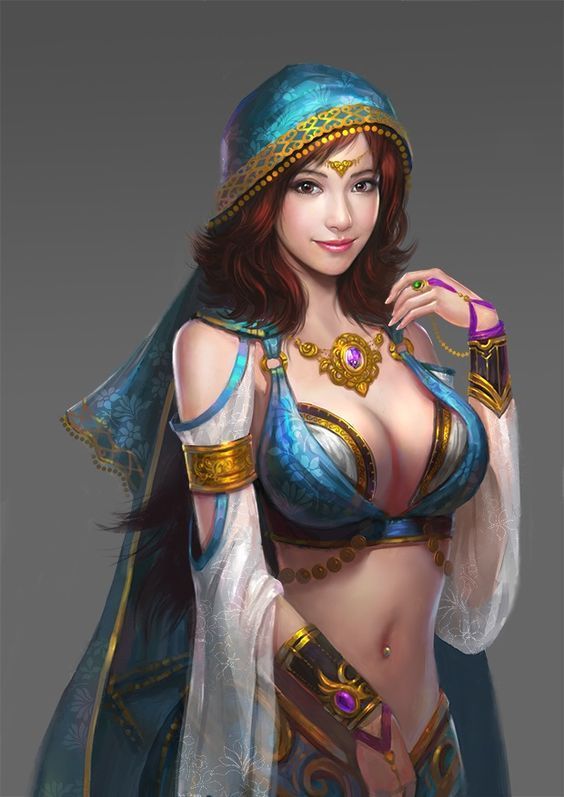Nobby-W
Not an axe murderer
- Joined
- Oct 7, 2018
- Messages
- 7,073
- Reaction score
- 16,032
I remember reading that the inspiration for the fighting cleric was Odo of Bayeaux, who makes an appearance on the eponymous tapestry. He had the notion that clerics shouldn't draw blood so he used a mace instead of a sword.I'd disagree there is no archtype for Clerics, D&D is a huge fantasy mashup and the saints one finds throughout medieval myths and books like The Golden Legend are capable of all kinds of miracles and magical acts in folk tales and other sources: Joan of Arc and St. Francis being probably the most famous. Perhaps only a few are warrior-priests but they are there.
In S&S we have the classic 'Lean Times in Lankhmar' that portrays the importance of religion and priests in the definitive S&S setting although Leiber's typically ironic and witty story treats the manifestation of the divine with ambiguity.
Ever since The Complete Priest in 2e the bog standard Cleric need not be the default anymore than the snoozy 'Magic User' of 1e unless the GM and player prefer it.






 !
!
 !
!

 !
! .
.